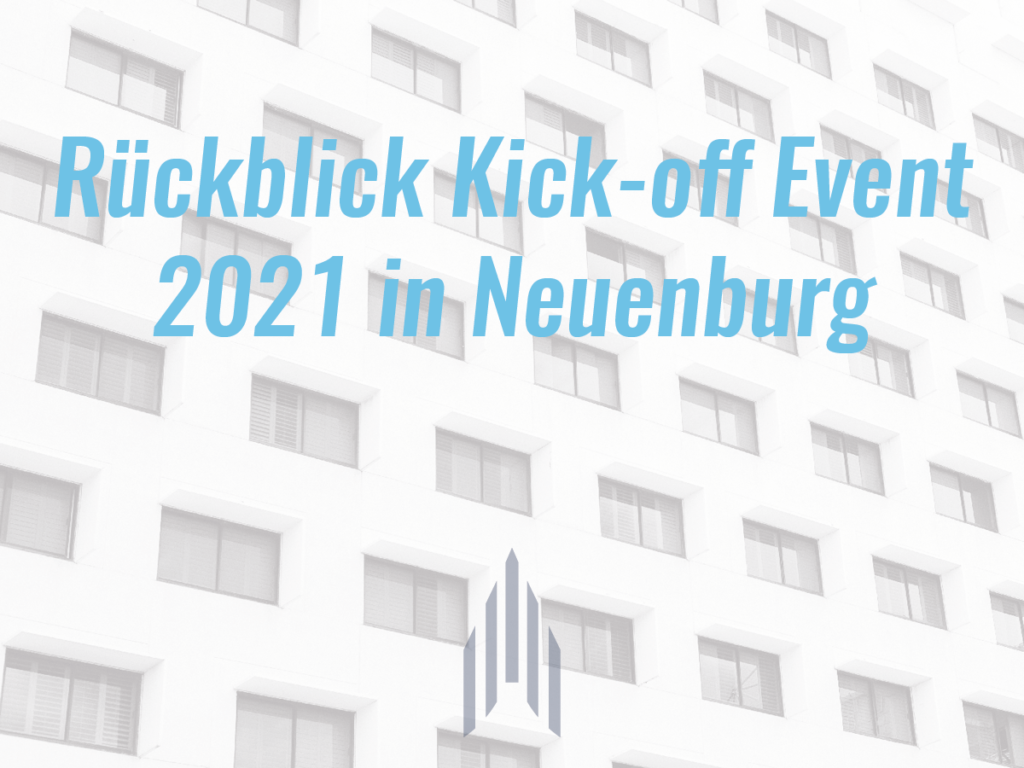Forecasts real estate market CH with Dr. Stefan Fahrländer, FPRE
Online event/report by Matthias Rinka
The Swiss chapter of FIABCI, the global association of the real estate professions, had to forego its traditional physical kick-off event in Neuchâtel this year due to the pandemic and opted for an online format for the joint exchange of ideas. FIABCI-SUISSE President Thomas H. Henle welcomed over 50 members, partners and friends of the network online. He looked ahead to the new year 2021, in which the Swiss representation of the "Fédération Internationale des Administrateurs de Biens Conseils Immobiliers" hopes to be able to hold real events and meetings again soon, such as a FIABCI lunch including a keynote speech in Bern on April 22. Thomas Henle mentioned the MIPIM international real estate trade fair in Cannes/France (June 7-10, 2021), the FIABCI-SUISSE GENERAL ASSEMBLY, Zurich (June 10, 2021) and the 40TH FIABCI LEADERSHIP SUMMIT, Puerto Vallarta - Mexico (november 16-19, 2021) as other possible venues for real get-togethers
At the 2021 online kick-off, FIABCI member Stefan Fahrländer from the company FPRE Fahrländer Partner Raumentwicklung presented, as he does every year, the key statements on the forecast market developments on the Swiss real estate market from the recently published Real Estate Almanac 2021. With inflation returning to negative territory for the first time in 2020, an increase in the unemployment rate and interest rates remaining very low, the question of the consequences of the coronavirus-induced recession is being raised on the local market. According to Dr. Stefan Fahrländer in his presentation, massive fiscal policy measures have helped to prevent or mitigate the worst. In addition, governments and central banks around the world are still determined to provide countermeasures in the form of expanded market support programs.
In the next two years, the construction of new residential space in Switzerland will continue to decline slightly. Nevertheless, around 45,000 new units will still be built each year (2020: 48,000) and the vacancy rate in rental housing construction continued to rise last year. "Due to lower net immigration and the overproduction of apartments, vacancy rates in rental apartment construction rose, particularly outside of large central conurbations," explained Fahrländer. However, new-build apartments in peripheral regions have fewer absorption problems than they did a few years ago, Fahrländer continued. All in all, despite a moderate decline in residential construction activity, there will still be a supply surplus.
Looking at the Swiss real estate transaction market, Fahrländer noted that around three quarters of the observed price increase in investment properties over the past 20 years was due to falling yield expectations. "Investors with regular cash inflows in particular, such as pension funds, insurance companies and accumulating investment foundations, were prepared to pay almost any price." However, investors have since become more cautious, especially when investing in peripheral regions, explained Fahrländer at the FIABCI Kick-off 2021.

